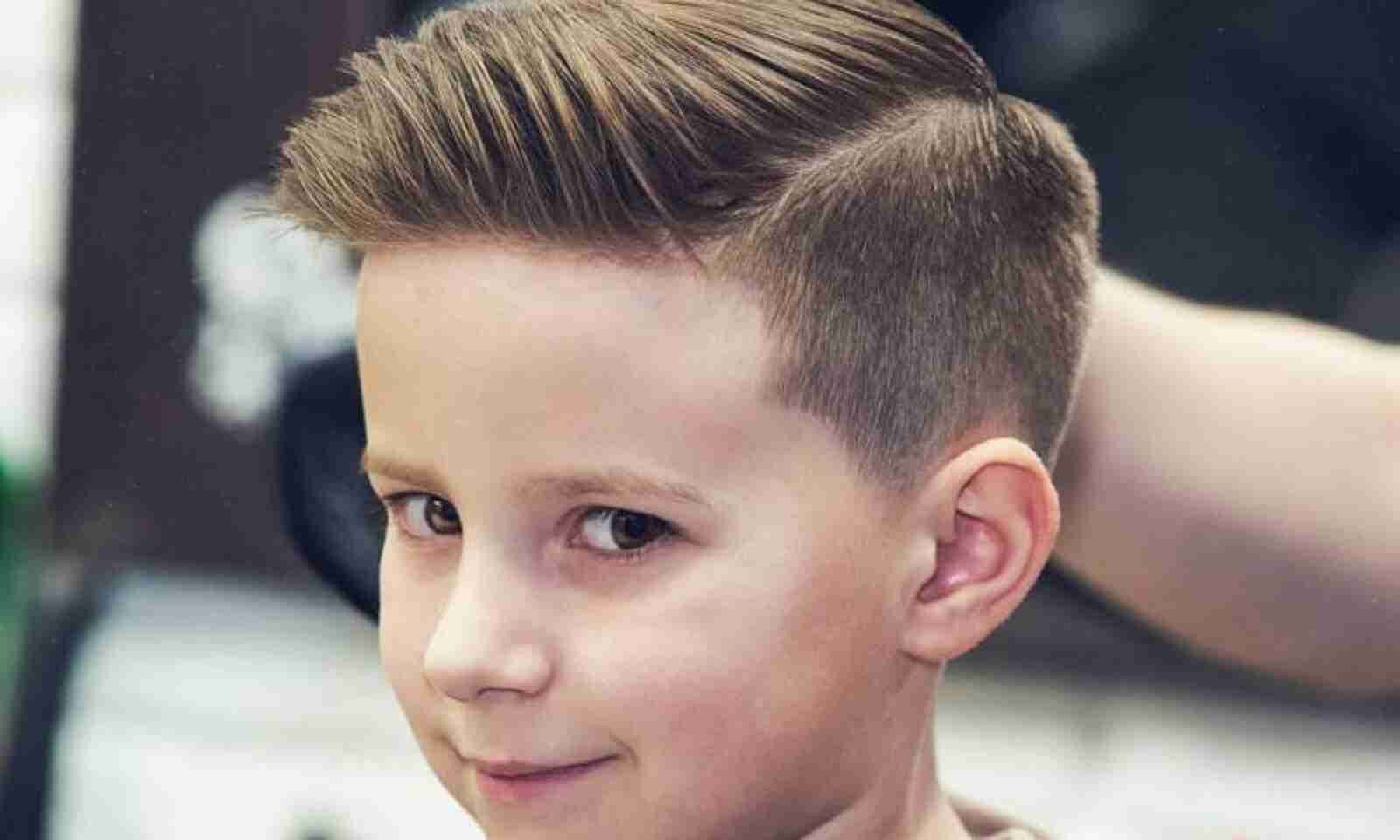Hair Style Discrimination Banned In NYC
Targeting a person because of their dreadlocks, cornrows, or different coiffure can now result in steep fines in New York City. Among other things, employers there can now not pressure employees to straighten their hair to promote a certain corporate image. The new pointers follow anybody, but they’re specifically intended to protect black humans, who regularly face discrimination because of their hair. Oluwakemi Aladesuyi visited multiple New York City hair salons to analyze what people there think about the brand new protections.
OLUWAKEMI ALADESUYI, BYLINE: Hair has often been a battleground.
AYANA HUGGINS: I used to get my hair warm-combed.
CALADESI: When Ayania Huggins was more youthful, she went thru wonderful lengths to get her clearly kinky hair to be instant.
HUGGINS: That changed into like torture, a hot comb you literally placed on a stove and warmed it up. And then they comb via your hair. You can listen to it, like, sizzling, like, oh, the worst – the worst.
CALADESI: Today, she’s were given dreadlocks that move past her shoulders.
HUGGINS: Growing up, straighter hair seemed just like the maximum perfect hair instead of our herbal, kinky curly hair, which is also stunning.

CALADESI: She’s sitting in a salon chair at Sabine’s Hallway, ready to get her new increase interlocked. It’s Saturday morning, and the salon is busy. There are ladies with platinum coils and orange-tipped twists. Someone is getting her hair blown dry so that it floats up around her face like a cloud.
It’s human beings like these that New York City’s new hints are intended to protect. Many black humans have long handled racial stereotypes approximately hair. Now forcing people to trade their hairstyle for work, faculty, and other public locations can amount to racial discrimination. Huggins says that if she labored in corporate America, she’d fear that her locks would be seen as unprofessional.
JADE ALLAMBIE: This idea of, like, ladies as delicate with long hair it really is instantly – and I assume, like, every person falls into that, not just black girls.
CALADESI: Jade Allamby is getting her locks freshened. When she changed into regulation school, Allamby worried approximately how different human beings might understand her hair. So she spent months combing out her dreadlocks so she may want to put on her hair straight for activity interviews.
ALLENBY: I think, although, that for black women, it becomes, like, surprisingly contentious just because we need to undergo excessive lengths to form of manipulating our hair to be instant. So it is like – it’s a chemical system. It’s, like, a physical technique.
CALADESI: At De Lux Gallery in Fort Greene, reggae hums inside the heritage, and a similar communication is taking location.
MONIQUE JONES: To say that anyone has to straighten their hair to wait or be part of whatever, to make that a requirement is to disclaim them as a person.
CALADESI: That’s Monique Jones. Her son has lengthy, free curls. When her grandmother saw the texture, she had this to say.
JONES: She stated, I hope he maintains this. And it changed into just the feel that if his hair becomes too kink up, it would not be as applicable or appealing.
CALADESI: The New York City hints try to protect people from discrimination. But the proprietor of De Lux Gallery, Glen Ettienne, says it may not be sufficient – particularly while human beings are applying for jobs.
GLEN ETTIENNE: When you walk in for the interview and that they see you’ve got a sure hairstyle, they’re going to discover a few motives to now not rent you. Discrimination isn’t always going to quit here in America.
CALADESI: While they may not end discrimination based on the hairstyle, different stylists at De Lux hope that the New York City recommendations will deliver their customers the self-belief and the freedom to select anything hairstyle they want. For NPR News, I’m Oluwakemi Aladesuyi in Brooklyn, New York.




